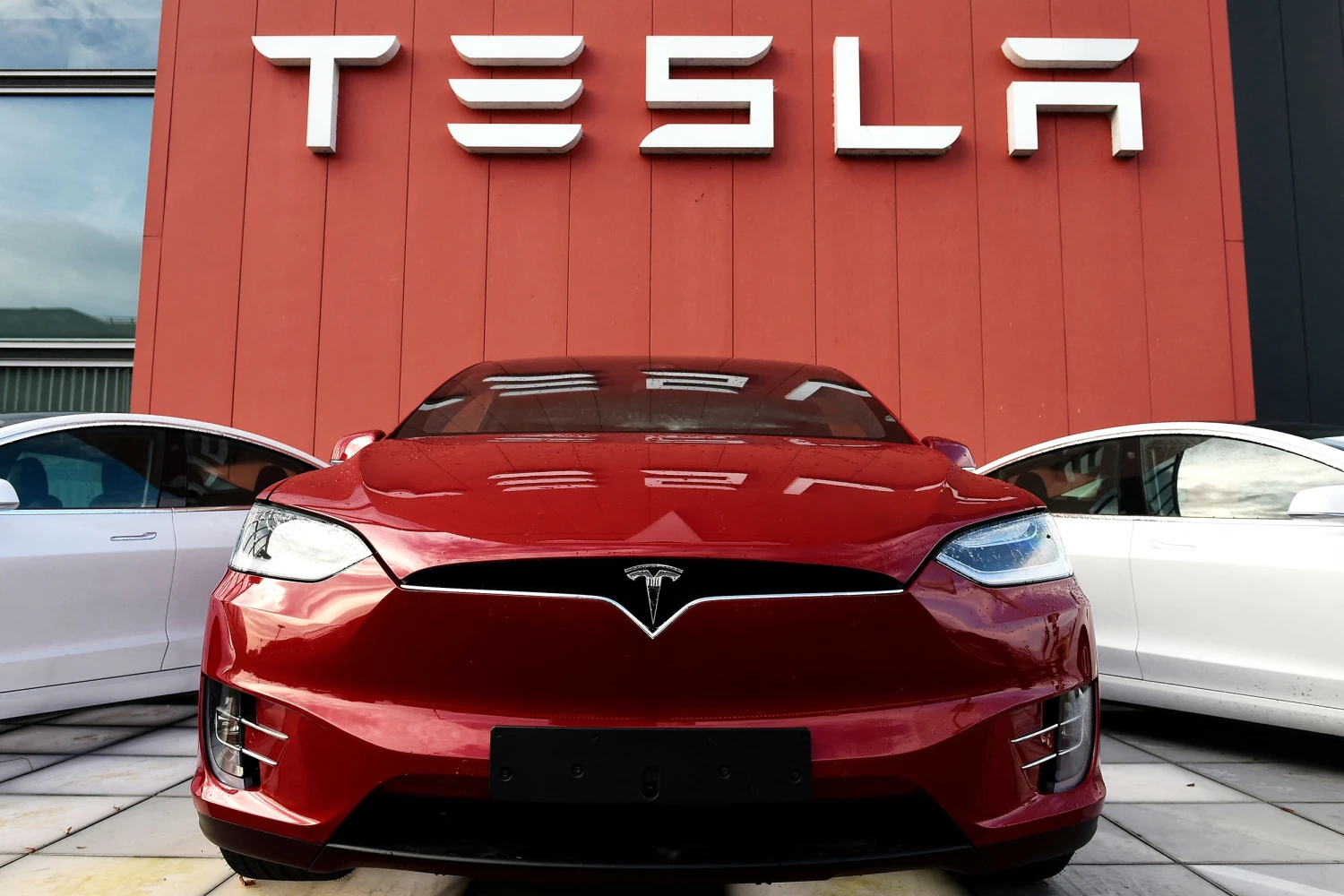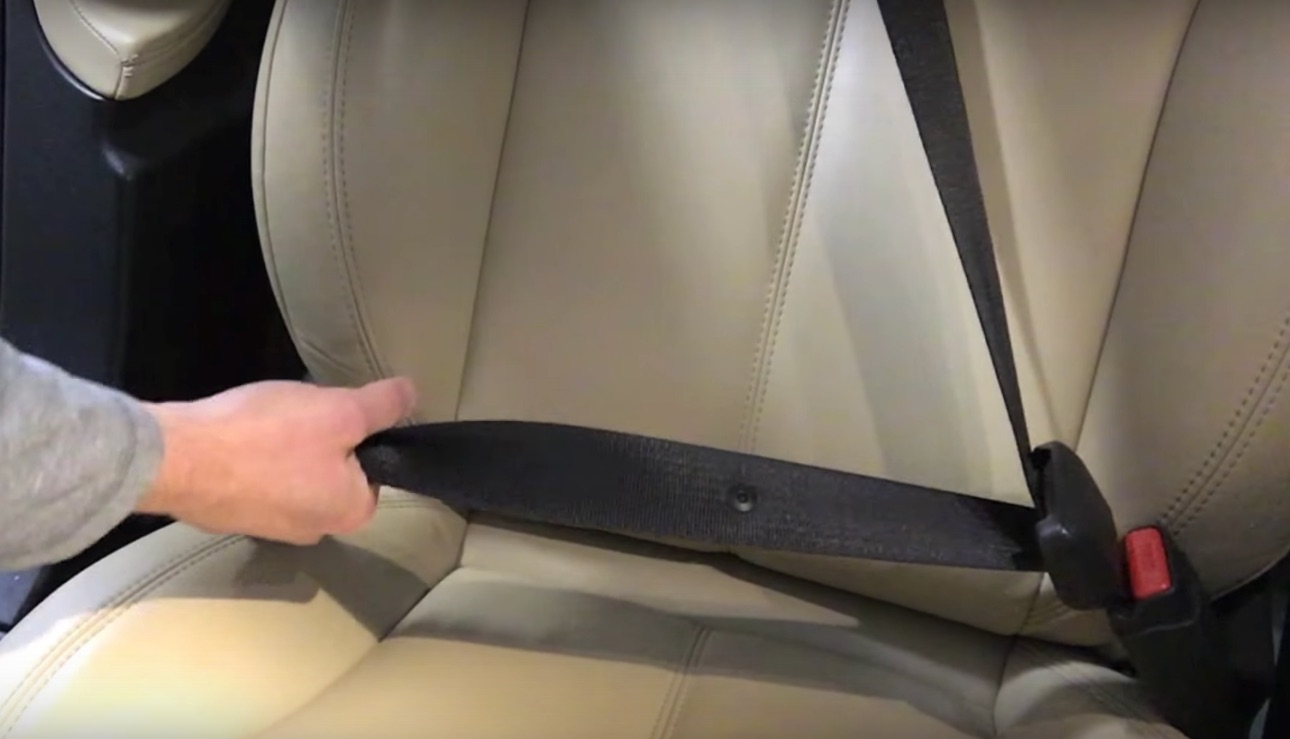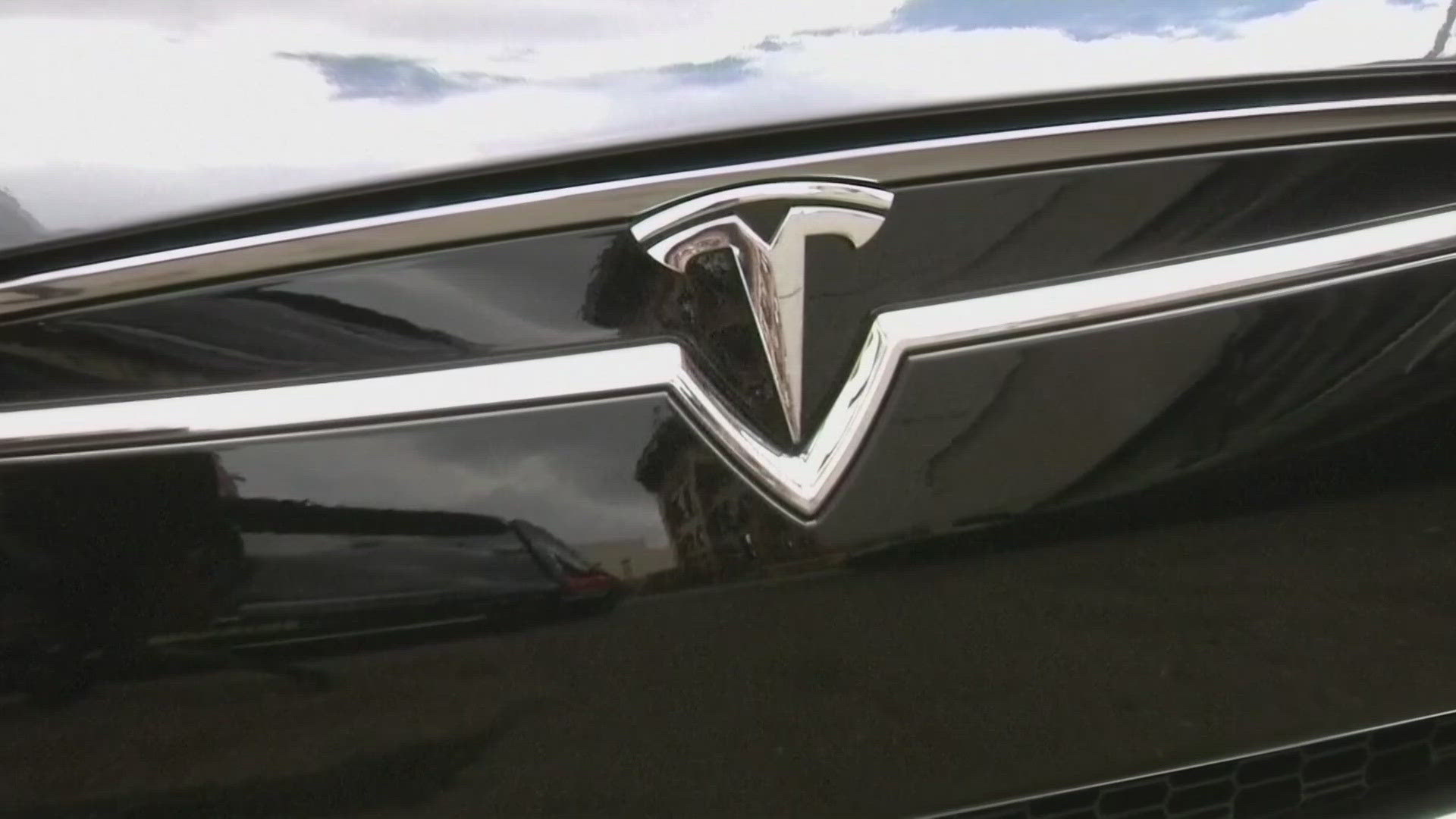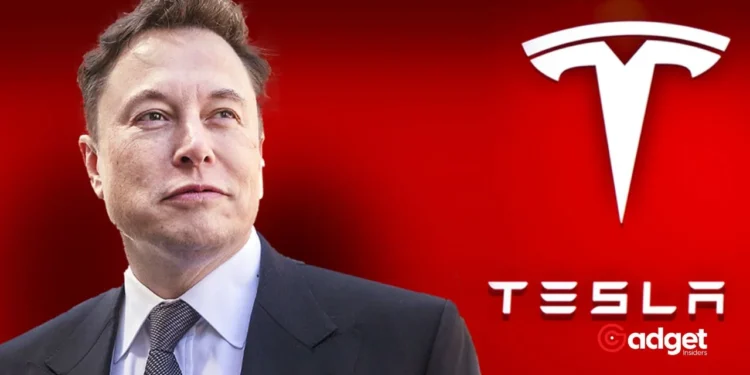Tesla, the pioneering electric vehicle manufacturer led by Elon Musk, has once again found itself navigating rough waters with yet another substantial recall. This time, over 125,000 of its vehicles including Models S, X, 3, and Y are being recalled due to malfunctioning seat belt warnings. According to the National Highway Traffic Safety Administration (NHTSA), the vehicles’ seat belt warning systems are failing to light up or emit the necessary chimes to alert drivers and passengers of unbuckled seat belts.

Persistent Seat Belt Issues
The problem with Tesla’s seat belt alerts isn’t a new chapter in its history. Just a week prior to this announcement, Tesla addressed issues with seat belts in 110,000 Model X vehicles, where the belts detached while the vehicle was in use. These incidents trace back to early 2023, highlighting a recurring challenge in vehicle safety for the company.
Tesla’s Troubles Beyond Seat Belts
Beyond the seat belt malfunctions, Tesla has faced even more severe scrutiny over its Autopilot technology. In a staggering recall earlier this year, nearly 2 million vehicles were called back over safety concerns directly linked to this driver assistance technology, which has been associated with 29 fatalities and over 200 crashes in the United States alone. Tesla’s series of recalls in 2024 has placed it second only to Ford in terms of the breadth of safety issues across the U.S. The most significant of these was in January when 2 million cars were recalled due to inadequately sized font on warning lights, which could jeopardize the readability of critical safety instructions.

Market Impact and Consumer Trust
This string of recalls raises questions about the long-term impact on Tesla’s brand reputation and customer trust. As recalls accumulate, potential buyers might become wary, which could influence market dynamics favouring competitors. The recall not only underscores ongoing safety concerns but also challenges its quality assurance processes.

Looking Ahead
Despite these setbacks, the demand for the vehicles remains high, evidenced by long waiting lines for new releases like the Model 3. However, with each recall, Company must navigate the dual challenges of maintaining consumer confidence and meeting stringent safety standards.
As Tesla addresses these immediate safety concerns, the broader implications for its future in the electric vehicle market remain a topic of keen interest and speculation. The company’s ability to manage and mitigate these issues will be critical in determining its path forward in an industry that is increasingly competitive and regulated.










